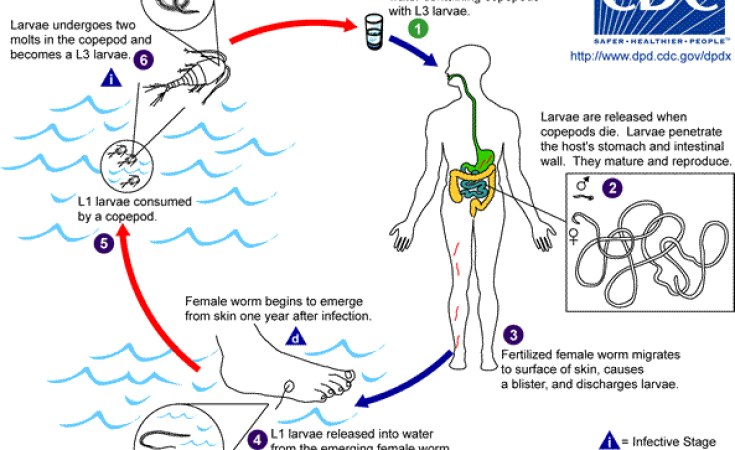On 14-18 November 2022, representatives and staff members from the World Health Organization, UNICEF, GAVI, USAID and Africa Centres for Disease Control (CDC) came together during a high level COVID-19 vaccine delivery partnership (CoVDP) mission in Yaoundé, Cameroon to discuss plans to accelerate COVID-19 vaccinations in the country.
Although Cameroon launched its vaccination efforts against COVID-19 in March 2021, only about 5% of the eligible population has been vaccinated as of 18 November 2022, placing the country well behind the global target of achieving 70% vaccination coverage by the end of the year.
To close the vaccine equity gaps and achieve a broader population coverage goal by the end of the year, representatives from the WHO, UNICEF, GAVI, USAID and Africa CDC came together in a five-day mission to advocate for top government leaders, and religious, and civil society organizations on the need to support the Ministry of Public Health in its vaccination programme against COVID-19.
Among the activities that took place were a meeting with civil society organizations to discuss the improvement of community engagement and a field visit to a COVID-19 vaccination site in Yaoundé to hear directly from the front-line healthcare workers. While healthcare workers identified various challenges to the provision of COVID-19 vaccination services, the major constraint, they said, was the need for community mobilization and communication materials on vaccine safety.
The group also met with the Islamic Association of Cameroon and the Protestant Council of Cameroon to discuss the essential role of religious leaders in building trust and community engagement. Both religious groups made a commitment to use their religious gatherings to sensitize worshippers on COVID-19 vaccination and address mistrust among members.
The Government of Cameroon has shown that they are committed to the fight against COVID-19. To date, some public health and social measures are still in force and points of entry into the country such as airports still require mandatory COVID-19 tests for all persons entering the country. Efforts to expand vaccine coverage in the country have been hampered by a number of challenges including a lack of effective coordination high levels of hesitancy, low-risk perception, and a lack of awareness regarding COVID-19 among the general public; and finally, a high level of miscommunication in social media regarding COVID-19 and the vaccines.
There is a clear need for the UN agencies and other partners in Cameroon to ensure a collective and modified strategy to support effective communication strategies that would drive COVID-19 vaccination in the ongoing campaign and beyond. Over the succeeding months, WHO and the Cameroon Ministry of Health will conduct ecological and sociological studies to guide the design of strategies while the EPI will integrate COVID-19 vaccination into their routine immunization program to ensure sustainability.
"Ignorance is the reason why things are not working well with respect to COVID-19. We have to find new ways of reaching communities to let them know that the virus is still with us, evolving, and killing people, especially the vulnerable. Those who inspire trust in the community i.e. health care workers should take the lead," Minister of Decentralization and Local Development, Cameroon.


